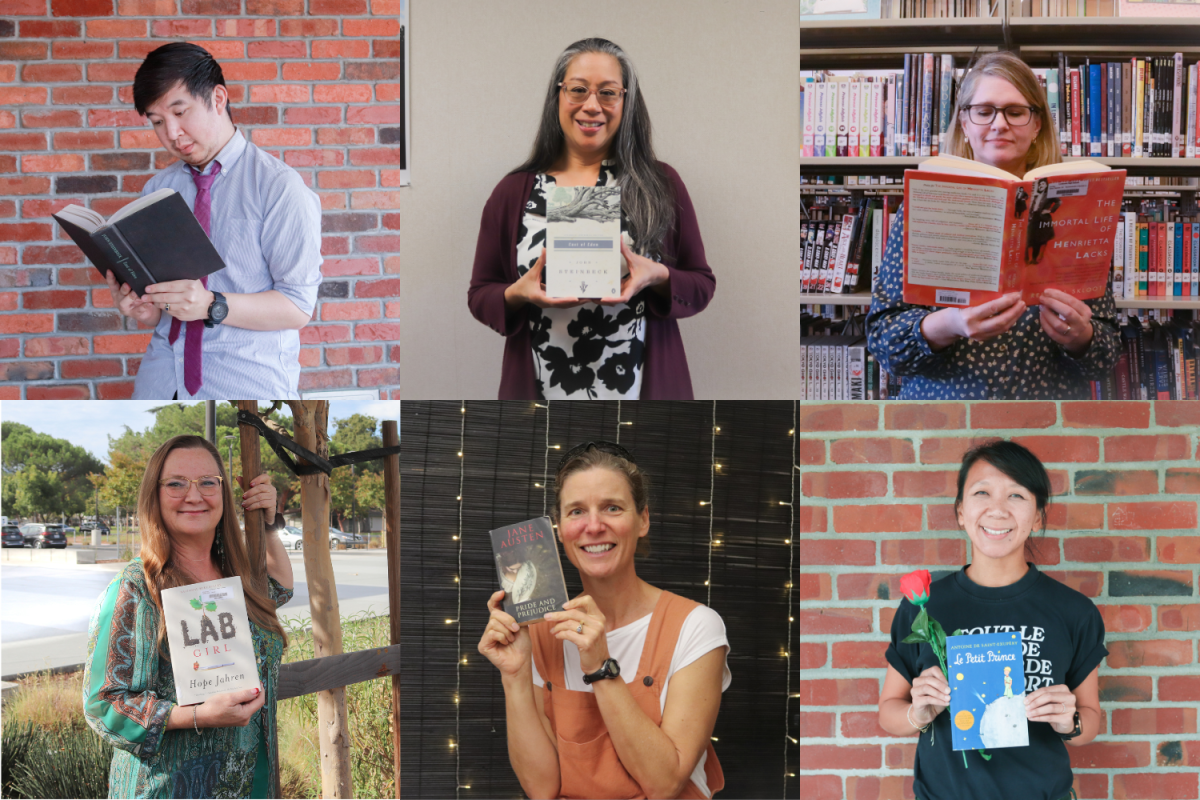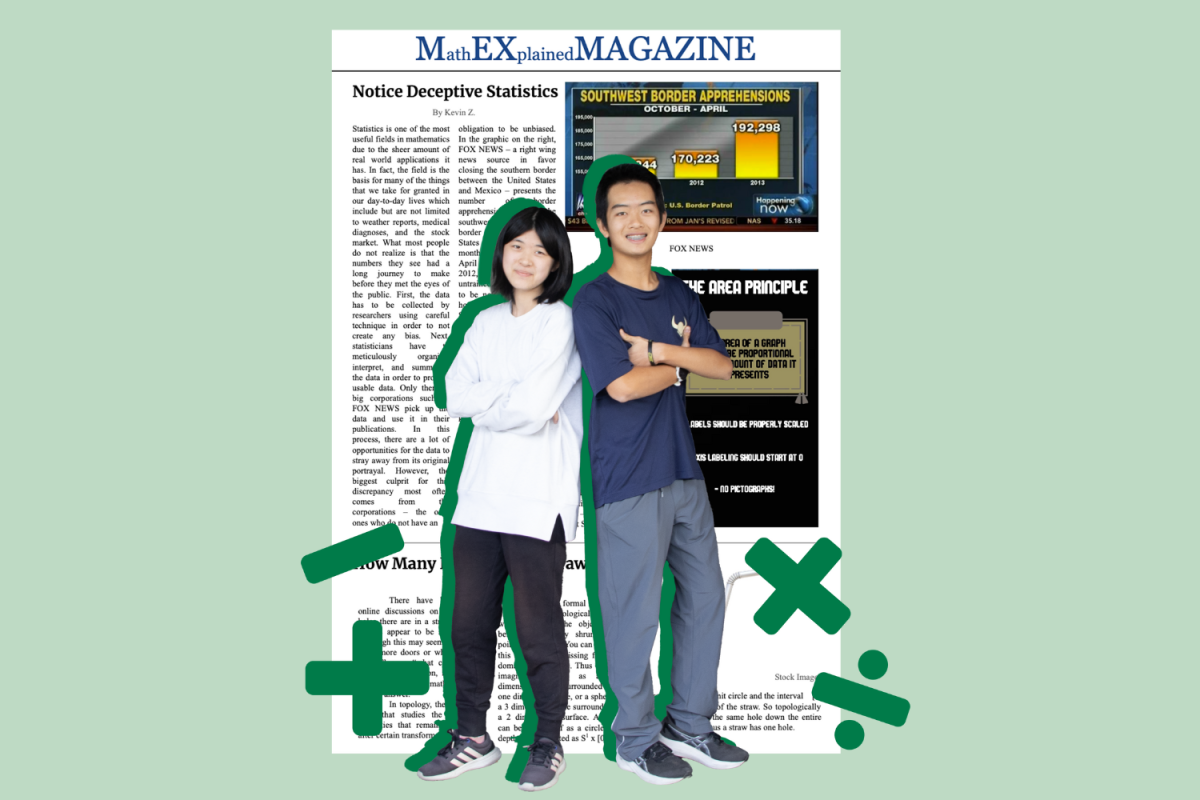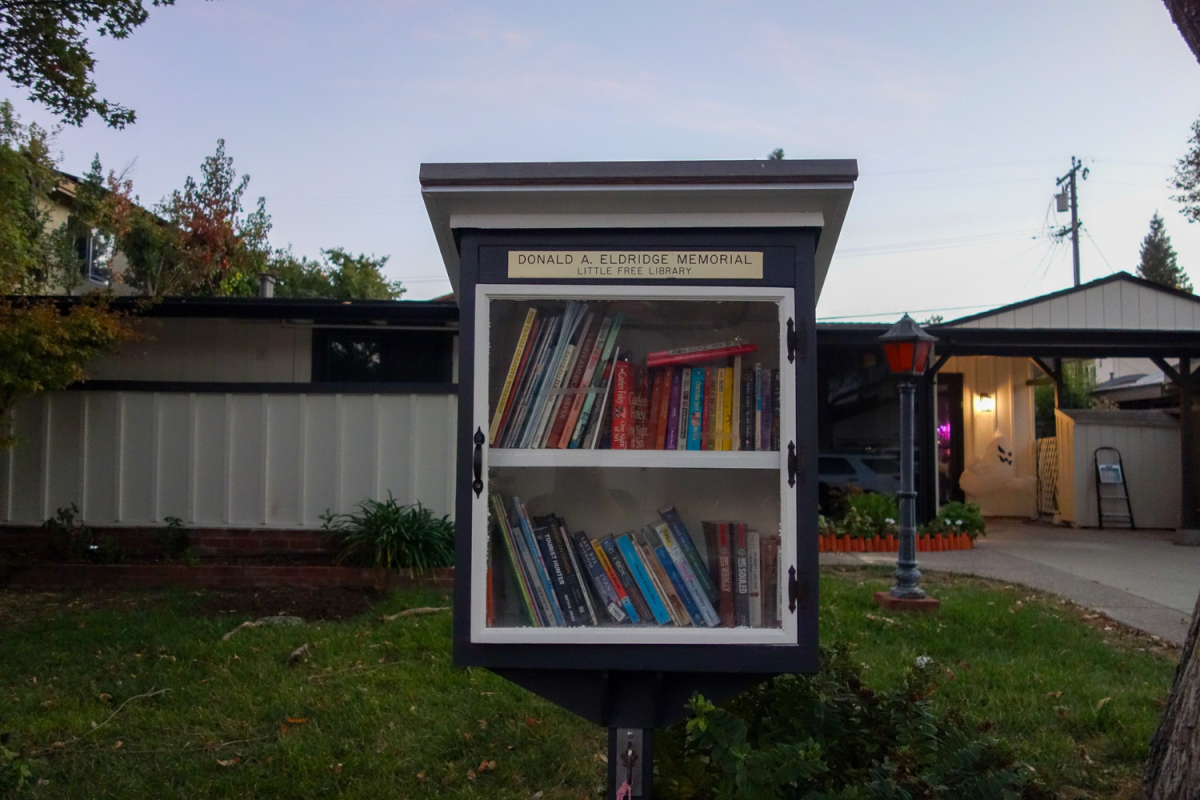Works of literature find a home in the hearts of many Lynbrook staff; from nonfiction to romantic classics, the emotions and harrowing stories of humanity bring joy and introspection to the staff drawn to these tales.
English teacher Jessica Dunlap and science teacher Thanh Nguyen have a fondness for John Steinbeck’s “East of Eden.” The intricate epic tells the story of two families in Salinas Valley, serving as an allegory to the biblical story of Cain and Eden. One main character, Cal Trask,lives under the shadow of his brother, wishing for his father’s love.
Dunlap frequently re-reads the book, exploring the story’s approach to themes of love, sin and redemption in the 1950s. Dunlap admires the unique friendship between Cal and Lee, a Chinese-American servant.
“We all need somebody like Lee in our lives to give us perspective and act as a mediator or liaison to help us get the forgiveness we need,” Dunlap said.
Library Media Specialist Susan Lucas has an affinity for non-fiction stories, particularly, “The Immortal Life of Henrietta Lacks” by Rebecca Skloot. The book details the tragic story of a woman, whose cancer cells were harvested by researchers in 1951, and prompts reflections about integrity and morality in science, journalism and the legal system.
“The story contains ethical questions that I will think about going forward,” Lucas said. “This book shows how science is going to have the answer.”
“Pride and Prejudice” by Jane Austen is a novel that stands out to art teacher Judy Schulze. The book’s ridiculous humor and main character Elizabeth Bennet’s strong disposition and other eccentric personalities inspire laughter and engross the reader.
“I found myself laughing out loud and re-reading parts saying, ‘Did they really just say that?’” Schulze said. “It sweeps you away into another world.”
Choir teacher Crystal Isola draws inspiration from the memoir “Lab Girl” by Hope Jahren. The memoir uses Jahren’s plant biology research as a metaphor to detail her own struggles as a woman in scientific research, a male-dominated field.
“She also talked about having mental health struggles,” Isola said. “Even though she is so accomplished and so brilliant, life is still hard, and that’s a universal thing.”
Antoine de Saint-Exupéry’s “Le Petit Prince” has been a significant part of French teacher Elizabeth Louie’s life ever since she read the book on her first trip to France. The novel’s stories and lessons have stuck with her through breakups and hard times, as she shares its lessons today with her students.
“As an adult, you forget the things that matter,” Louie said. “You need to know the importance of slowing down and taking the time to build relationships.”





































































